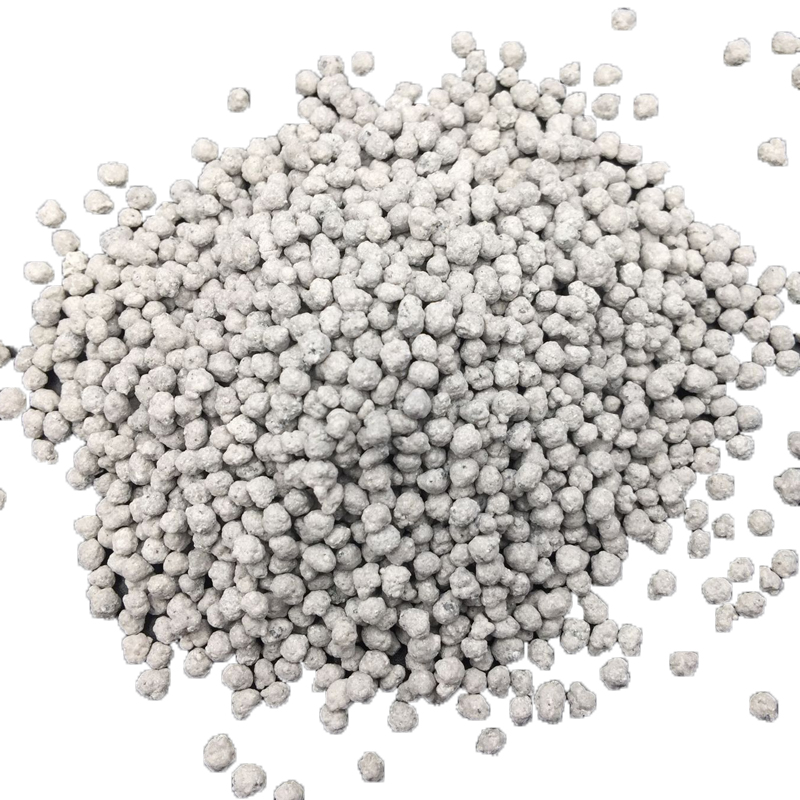
Nov . 09, 2024 14:19 Back to list
Exploring the Applications and Benefits of Potassium Sulphate in Agriculture and Industry
The Use of Potassium Sulphate
Potassium sulphate, often referred to by its chemical formula K₂SO₄, is an important inorganic compound that plays a significant role in agricultural practices, industry, and various chemical applications. It is a white, water-soluble salt that contains two essential nutrients potassium and sulfur. These nutrients are critical for plant growth, making potassium sulphate a popular fertilizer choice among farmers and horticulturists.
Agricultural Applications
In agriculture, potassium sulphate is primarily used as a fertilizer. Potassium is one of the three macronutrients that plants require for healthy growth, alongside nitrogen and phosphorus. It is vital for numerous plant processes, including photosynthesis, enzyme activation, and regulation of water use. Sulfur, while needed in smaller quantities, is also essential for the synthesis of amino acids and proteins, contributing to overall plant health and productivity.
The application of potassium sulphate as a fertilizer enhances crop yields and improves the quality of fruits and vegetables. It is particularly beneficial in crops where high-quality produce is crucial, such as in the cultivation of strawberries, grapes, and other fruit crops. The use of K₂SO₄ can help develop better flavor, color, and size in fruits, making them more appealing to consumers.
Moreover, potassium sulphate is often favored in the production of crops in saline or sandy soils where other potassium fertilizers may cause higher salinity issues. Its low chloride content makes it suitable for chloride-sensitive crops. Additionally, potassium sulphate provides a slow release of nutrients, ensuring that they are available to plants over an extended period, which helps maintain soil health and reduces the risk of nutrient runoff.
Industrial Applications
use of potassium sulphate

Beyond its agricultural significance, potassium sulphate is utilized in various industrial applications. One of the primary uses is in the manufacturing of glass and ceramics. The potassium and sulfate ions contribute to the production of various glass types, enhancing durability and optical properties. Furthermore, potassium sulphate is a component in the production of certain types of fertilizers, contributing to the formulation of compound fertilizers that blend multiple nutrients.
Additionally, potassium sulphate finds applications in the food industry as a food additive. Known as E515, it is used as a stabilizer and thickening agent in processed foods. It can help maintain the texture and quality of products, making it an essential ingredient in various food formulations.
Environmental Impact and Sustainability
The application of potassium sulphate should be managed carefully to prevent potential environmental concerns. While it is generally considered environmentally friendly compared to other potassium fertilizers that may contain harmful substances, excessive use can lead to nutrient imbalances in soil and water. Therefore, it is essential to conduct soil tests to determine the appropriate application rates based on the specific crop needs and existing soil nutrient levels.
Sustainable agricultural practices advocate for the balanced use of fertilizers, including potassium sulphate, to minimize environmental impacts while maximizing crop production. By integrating potassium sulphate into a well-managed fertilization program, farmers can enhance soil fertility, improve crop resilience, and contribute to sustainable agricultural practices.
Conclusion
In conclusion, potassium sulphate is a versatile compound with significant benefits in agriculture, industry, and food processing. Its high solubility and nutrient content make it an effective fertilizer for promoting healthy plant growth and improving crop quality. Its applications extend beyond agriculture into various industrial sectors, contributing to the production of glass, ceramics, and processed foods. While its use must be managed to mitigate environmental impacts, potassium sulphate remains an essential resource in the pursuit of agricultural efficiency and sustainable practices. As global demand for food grows, the role of potassium sulphate in enhancing crop productivity and quality will continue to be of paramount importance.
-
High-Quality NPK Fertilizer Raw Material Manufacturer & Supplier Trusted Factory Exporter
NewsJul.08,2025
-
Organic 20-20-20 Plant Fertilizer Supplier Premium Organic Fertilizer Manufacturer
NewsJul.08,2025
-
Ammonium Sulfate Fertilizer Market - Leading Manufacturer, Supplier & Factory Solutions
NewsJul.08,2025
-
Premium Water Soluble Fertilizer 20-20-20 Reliable Manufacturer & Competitive Prices
NewsJul.07,2025
-
10-52-10 Fertilizer Supplier – Premium NPK Compound & Granular Fertilizers for Crop Growth
NewsJul.07,2025
-
Best Blueberry Organic Fertilizer - Premium Factory & Supplier Boost Your Blueberry Yield
NewsJul.07,2025
